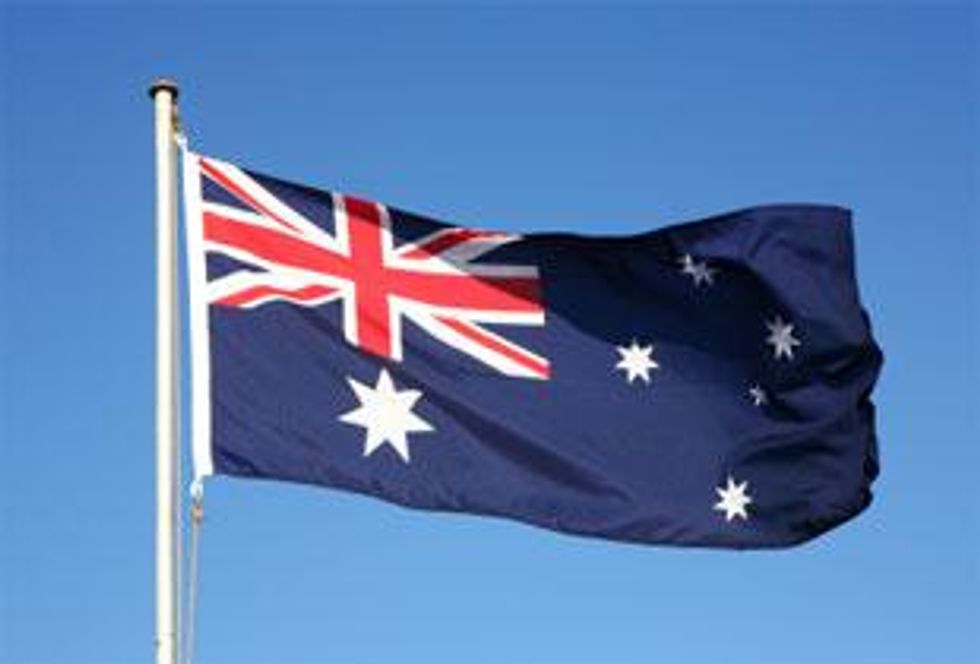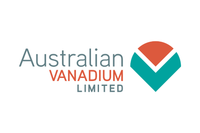By Desmond McMahon– Exclusive to Vanadium Investing News
Australia’s Labor Government has proposed a Resource Super Profits Tax (RSPT) that will tax profits from Australia’s non-renewable resources as part of its budget and platform for the election expected later this year. The Mineral Council of Australia says the new tax would increase the rate to 40 […]
By Desmond McMahon– Exclusive to Vanadium Investing News
Australia’s Labor Government has proposed a Resource Super Profits Tax (RSPT) that will tax profits from Australia’s non-renewable resources as part of its budget and platform for the election expected later this year. The Mineral Council of Australia says the new tax would increase the rate to 40 percent starting on July 1, 2012.According to the Mineral Council’s analysis, the average corporate tax rate paid by the Australian mining sector in 2007 and 2008 was about 28 percent.
The Australian Government is still negotiating the dollar value for when mining companies would begin paying the RSPT, but has said the tax will only apply to profits after extraction costs have been paid and capital investment recouped. The Government has said it will also allow a normal return on capital investments for shareholders, but hasn’t defined that amount.
But fears the new tax will cut into returns have already hurt investment.
When the Henry Tax Review initially recommended the tax it was as a replacement to resource rents that mining companies currently pay. But, instead of eliminating resource rents, the Government is proposing a refundable credit for 40 percent of a firm’s extraction costs to offset the resource rents, once that firm turns a profit. Mining companies are also concerned the two are not linked and state or federal governments could raise royalties.
Atlantic Ltd (ASX:ATI), who holds a 63 percent stake in the Windimurra vanadium project, says the RSPT won’t materially impact the project in Western Australia, but the new tax will damage the resources sector as a whole.
“Atlantic strongly opposes the proposed RSPT and believes the design and structure of this new tax will have a negative impact on the resources industry in Australia and raises profound implications for Australia’s sovereign risk rating,” Atlantic said in a statement on Monday.
But both Atlantic and their partner Mineral Resources Ltd (ASX:MIN) had been enjoying healthy share growth since they announced their partnership to pursue the Windimurra project, which is forecast to produce about 7 percent of the world’s vanadium supply when production starts. However, since the Rudd Government announced plans for the RSPT on May 3 Atlantic shares have fallen 34 percent. Mineral Resources shares are down 20 percent since the announcement.
The British-Australian mining company Rio Tinto Ltd (ASX:RIO) echoes Atlantic’s concern and says RSPT has already damaged Australia’s reputation as an investment destination.
“It does change the relative attractiveness of Australia versus the other countries that we do invest in,” Rio Tinto’s Chief executive Tom Albanese told a media conference in London on Monday.
The new tax will not be brought into legislation until after this year’s federal election expected in October or November, although Rudd’s Labor Government is currently ahead in the polls and expected to win.
Highveld to Change Name
South African Highveld Steel and Vanadium (OTC:HGVLY) announced plans to change its name to Evraz Highveld Steel and Vanadium in July.
Evraz (LON:EVR) holds an 85 percent stake in Highveld and says the name change is part of the Evraz Group’s strategic drive to re-brand the complete group under the Evraz identity.
Evraz is one of the world’s largest vertically-integrated steel, mining and vanadium businesses.


